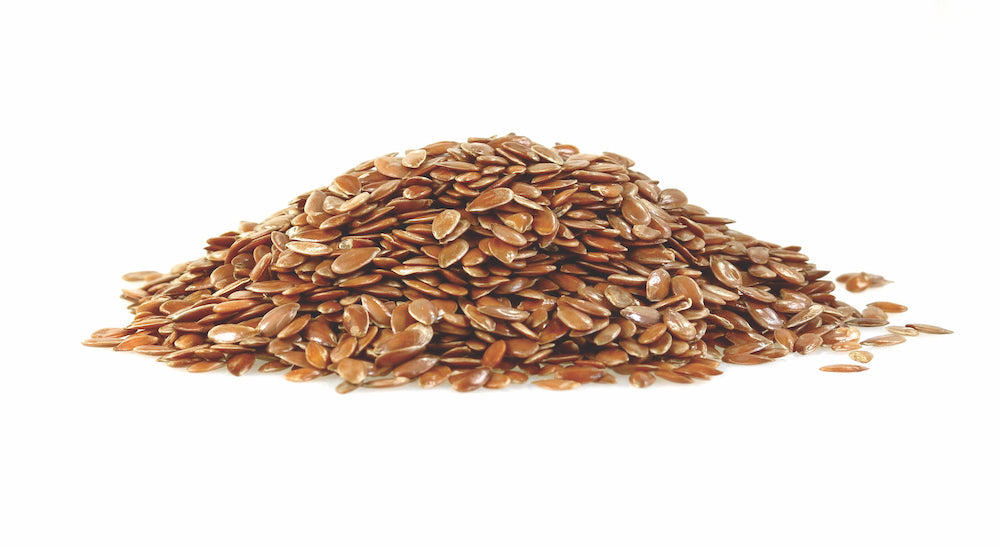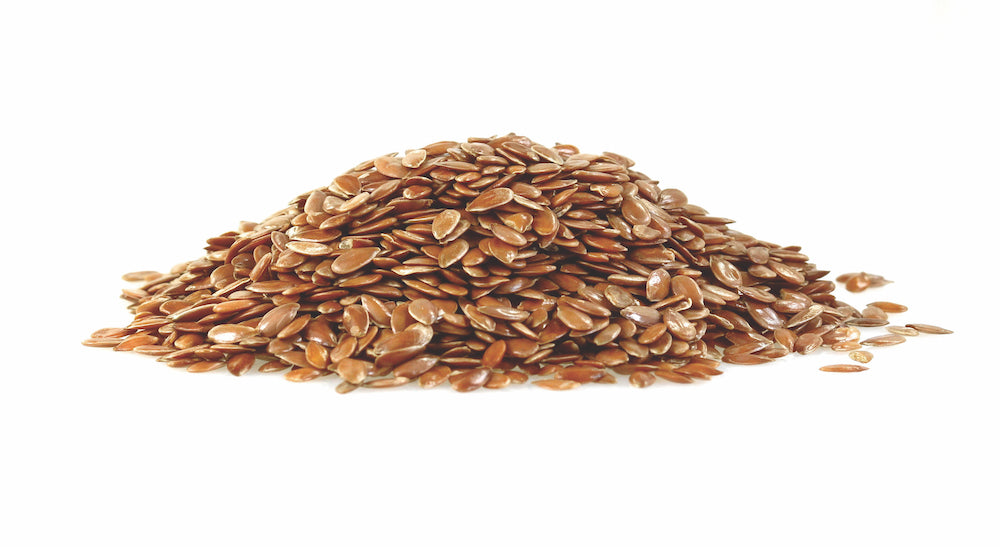Flax Seed / Linseed
Flax Seed / Linseed
Couldn't load pickup availability
Linseed, also known as flaxseed, is a small but nutritionally mighty seed derived from the flax plant, scientifically known as Linum usitatissimum. These seeds have been used for centuries as a dietary staple and for their potential health benefits. Here are some key aspects of linseed:
Nutrient-Rich: Linseeds are packed with nutrients. They are an excellent source of alpha-linolenic acid (ALA), which is a type of omega-3 fatty acid. They also provide dietary fiber, plant-based protein, vitamins like B vitamins and vitamin E, and essential minerals such as magnesium and manganese.
Heart Health: The omega-3 fatty acids in linseeds, primarily ALA, have been associated with heart health. Consuming foods rich in ALA may help reduce the risk of heart disease by lowering cholesterol levels and improving blood vessel function. The soluble fiber in linseeds can further support heart health by reducing high blood pressure and promoting healthy cholesterol levels.
Digestive Health: Linseeds are an excellent source of dietary fiber, which aids in digestion and can help prevent constipation. The fiber content also promotes a feeling of fullness, making linseeds a valuable addition to a weight management diet.
Potential Antioxidants: Linseeds contain compounds such as lignans, which have antioxidant properties. Antioxidants help protect cells from damage caused by free radicals, which may reduce the risk of chronic diseases.
Culinary Uses: Linseeds can be used in various culinary applications. They can be ground into flaxseed meal and added to smoothies, cereals, and baked goods for a nutritional boost. Whole linseeds can also be sprinkled on salads, yogurt, or used as an egg substitute in vegan cooking.
Storage: It’s essential to store linseeds in an airtight container in the refrigerator or freezer to prevent them from going rancid, as they contain healthy but delicate fats that can become oxidized.
Medicinal Uses: Linseeds have a history of use in traditional medicine. They are believed to help alleviate symptoms of conditions like irritable bowel syndrome (IBS) and to promote overall well-being. However, it’s essential to consult with a healthcare professional before using linseeds as a remedy for specific health concerns.
In conclusion, linseeds, also known as flaxseeds, are a nutrient-rich seed that has gained recognition for their potential health benefits. From promoting heart health and digestive well-being to providing essential nutrients, linseeds are a versatile and valuable addition to a balanced diet. Whether used in culinary creations or for their potential medicinal properties, linseeds continue to be a staple in the world of nutrition and well-being.
Share


